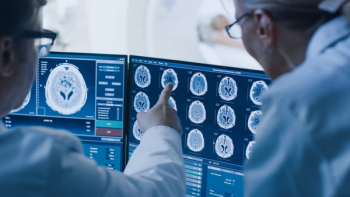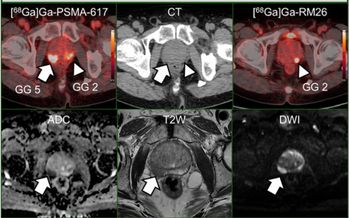
GE completes two acquisitions
Coincidence Technologies is now part of GE Medical Systems, and Kretztechnik is within a hair of joining it. Belgium-based Coincidence Technologies brings to GE technology for efficient manufacture of the PET radiopharmaceutical fluorodeoxyglucose (FDG)
Coincidence Technologies is now part of GE Medical Systems, and Kretztechnik is within a hair of joining it. Belgium-based Coincidence Technologies brings to GE technology for efficient manufacture of the PET radiopharmaceutical fluorodeoxyglucose (FDG) (SCAN 9/5/01). A synthesizer is used in conjunction with a cyclotron, providing the final chemical steps in producing the FDG. Austria-based Kretztechnik develops 3-D ultrasound systems. GE has acquired the 65.4% of Kretztechnik shares held by Medison, as well as another 27.1% of the company’s outstanding shares. These transactions provide GE with 92.5% ownership in Kretztechnik. After GE acquires the remaining shares, Kretztechnik will become a wholly owned subsidiary.
Newsletter
Stay at the forefront of radiology with the Diagnostic Imaging newsletter, delivering the latest news, clinical insights, and imaging advancements for today’s radiologists.













